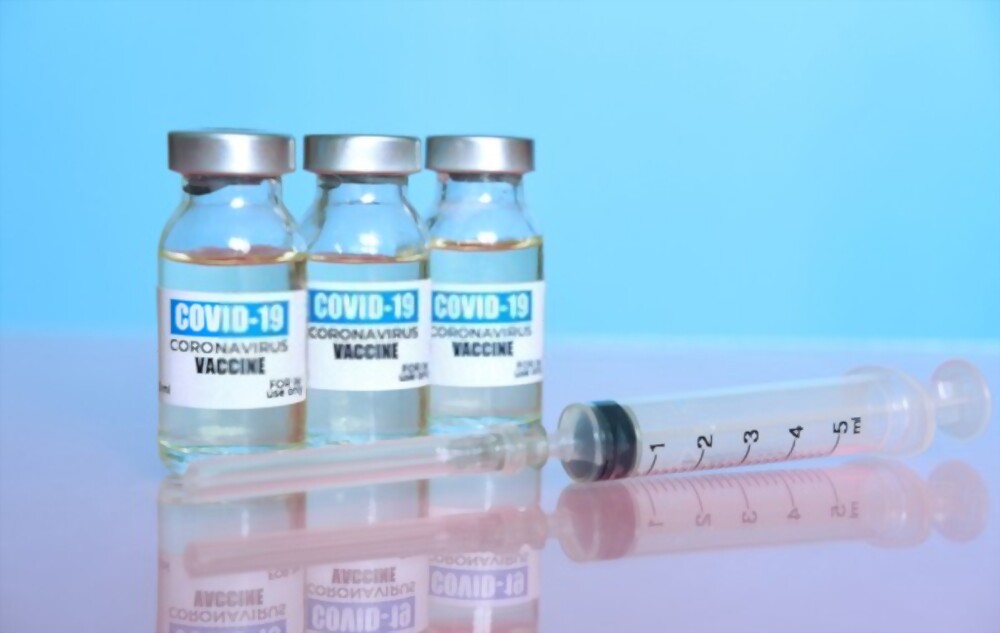Big trademark infringement cases can emerge from tiny matter, as we see in claims filed by pharmaceutical company Moderna against Pfizer and BioNtech, makers of a competing COVID-19 vaccine. Moderna and Pfizer, among many other pharmaceutical manufacturers, were in a veritable race to find and manufacture a vaccine against the COVID-19 virus. These vaccines likely saved hundreds of millions of lives, and their messenger RNA (mRNA) technology made it possible. However, Moderna claims it alone holds patents relating for the mRNA technology, and other companies infringed those patents in their vaccine. The two patent infringement lawsuits it filed, in Massachusetts and Germany, set the stage for potentially groundbreaking decisions in medical technology.
Messenger RNA and Implications
Messenger RNA is a genetic molecule that helps cells make proteins and trigger immune responses using a chemical modification called a spike protein. Moderna claims it pioneered mRNA technology years prior to the new coronavirus and vaccine development, for reasons beyond the likelihood of a novel coronavirus. That work, it argues, led to three patents filed between 2011 and 2016. Pfizer and BioNTech claim they relied on their own patents and technology.
According to the New York Times, Moderna had pledged not to pursue any lawsuits about COVID-related patents in wealthier countries during the pandemic, but ended that policy in March of 2022. That suspension led to the two lawsuits it filed against BioNTech and Pfizer in late August. Moderna is seeking lost profits incurred since March, but would refrain from seeking damages from the sale of the vaccine to the United States government or to poorer countries. Jacob Sherkow, an expert on biotechnology patent law, told the Times that if the Moderna litigation succeeds, Pfizer could be liable for tens of millions of dollars in damages. However, as pharmaceutical policy expert Ameet Sarpatwari told the Times, Moderna, Pfizer, and BioNtech are really in a battle for the lucrative right to license the mRNA technology in the future.
Calculating Damages for Trademark Infringement Using Conjoint Analysis
While this battle could play out for years, if Moderna convinces a court to rule in its favor, it will need to calculate reasonable royalties for the defendants’ very widespread use of the allegedly infringed mRNA technology. Calculating reasonable royalties often uses conjoint analysis and research. In this case, a properly designed conjoint survey could measure how valuable the vaccine would be “but for” the use of the infringing technology moving forward. This, in turn, can determine what is a fair amount for Pfizer to pay Moderna, if it is indeed infringing.
Where new technology is concerned and billions of dollars are at stake, patent litigation is not uncommon, as we see in our recent discussion of NFTs and intellectual property. This case has the potential to be one of the most high-profile cases in medical technology of the decade. If you are in litigation and require survey research, reach out to MMR Strategy Group.
